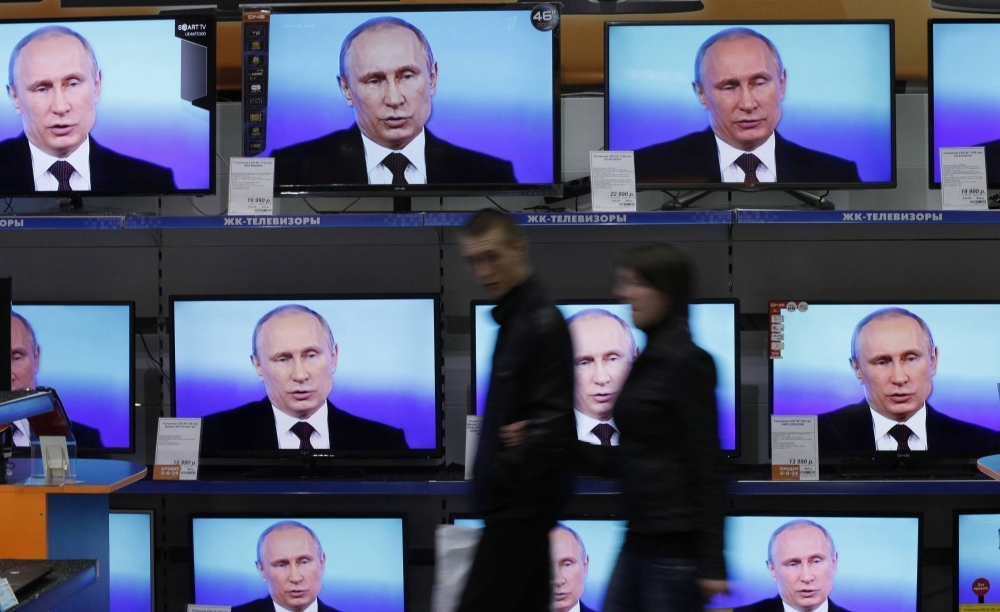When Antony Rudkovsky was about 15, he began to teach himself how to build virtual private networks (VPNs) to access internet content unavailable in Russia.
At first, the young programmer just wanted to listen to music on the Spotify streaming app in his bedroom in Nizhny Novgorod, a city roughly 430 kilometers east of Moscow.
Three years later, Rudkovsky, now 18, snagged $1,200 — the biggest share of the prize money — at a competition last month organized by a civil society group to design a VPN to evade Russia's censors.



